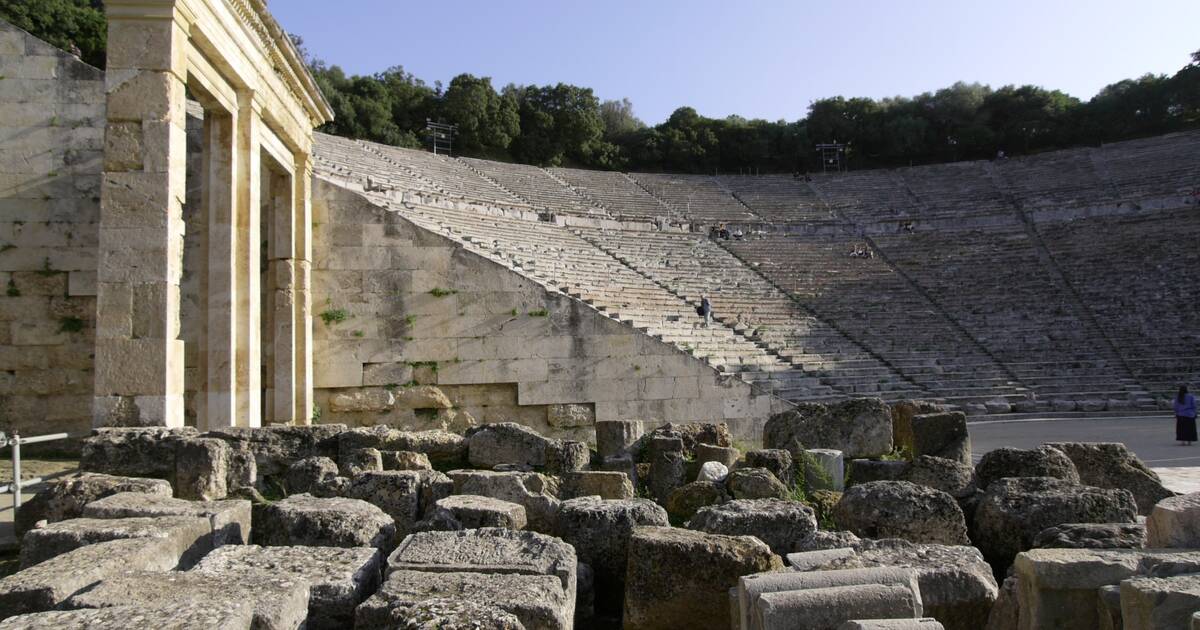An excerpt from my newly-defended PhD dissertation.
Messaggi di Rogue Scholar
The debate between Yann LeCun and Elon Musk, reported in Nature, questions whether science necessitates publishing results. My position is that science depends on how you produce your knowledge, not necessarily requiring publication. Only if you face the public, you need to publish about your work.

It appears that in what is clearly a wonderful little PR stunt, a Polish rum company managed to do a Sophia and appoint an ‘AI-driven’ ‘robot’ as its ‘CEO’. The other guilty party to this pile of steaming bovine excrement is Hanson Robotics, famous for giving us Sophia, the “world’s first robot citizen”. Most of what I’m saying here goes just as well for Sophia.

The temple of Asclepios, the Greek god of healing arts and medicine, at Epidaurus was pretty much the ancient Greek world’s equivalent of the Mayo Clinic. It then tells us a lot about the Greek worldview of healing that one of the things the temple complex prominently featured was a theatre. The Greeks believed in drama therapy, but in perhaps a slightly different way of how we think of it today.

I have probably spent more time looking at Poussin’s Dance to the Music of Time than any other work of art. Sneaking off to the Wallace Collection in London and just looking at the Dance was my comfort activity while living in London – a time that was not exactly devoid of its trials. It’s not, by any measure, great art, insofar as such judgments can be made with any objectivity.
There’s something special about language. It is ‘our own’, it is ‘us’, in a profound way, and quite surprisingly, more so than art. I was deeply struck by this when I first saw reactions to large generative language models that created realistic, human-ish prose.

Our lab is growing! In our Three Questions series, we’re profiling each of our members and the amazing work they’re doing. Today’s post features Asura Enkhbayar, a PhD student and data scientist at the ScholCommLab.
The social science literature is full of discussions about causation and what the best method for causal inference might be. However, a relatively small percentage of them draw on the philosophical debate about causation. Certainly, there is a great deal of talk about philosophy of science on the ontological and metaphysical level, including, for example, engagement with the relation between neo-positivism and realism.
The current version (vol.